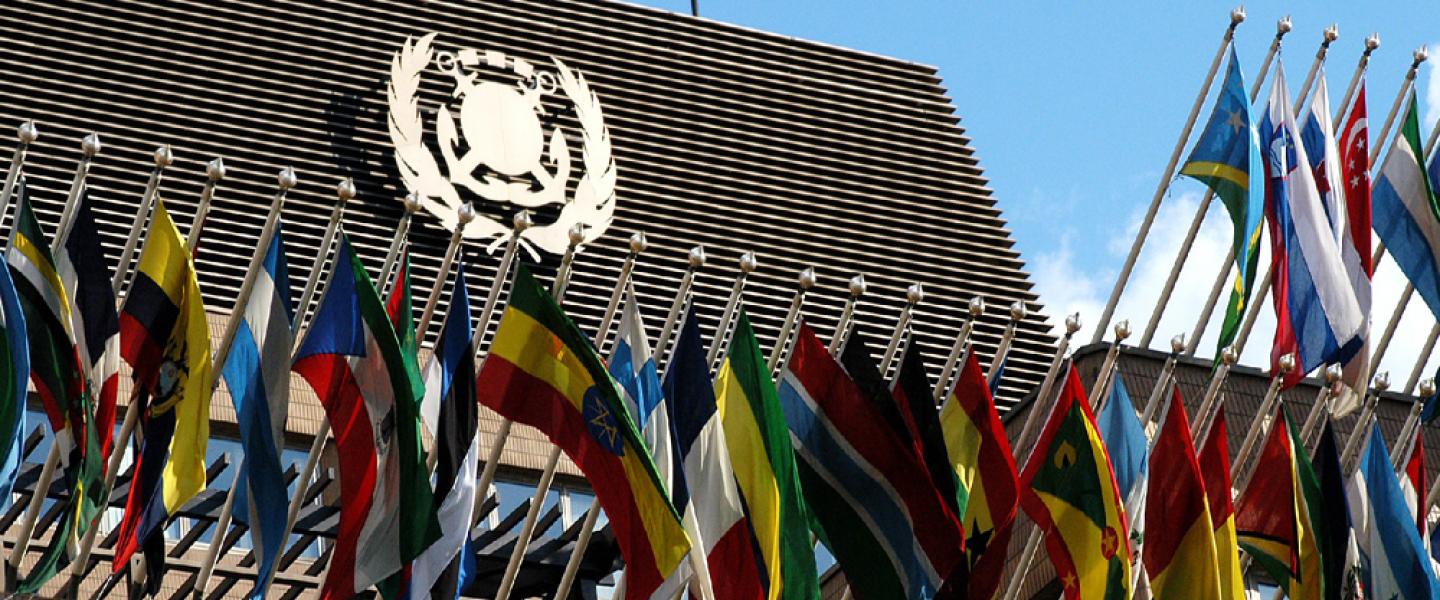Press Release
30 August 2021
London. UK. The UK-based charitable NGO Human Rights at Sea (HRAS) has called upon the IMO to increase its level of transparency and factual detail in the public reporting of cases reflecting human and labour rights abuse of seafarers.
The change being requested is needed to address the perception that protectionist blue-washing is occurring in relation to those entities involved in sub-standard, manipulative, and/or unlawful activities affecting crew and their families.
Following the recent In Focus IMO article ‘Supporting seafarers on the frontline of COVID-19‘, HRAS contacted the IMO to better understand the UN Agency’s position for not detailing those entities involved in the numerous case studies highlighted concerning issues of seafarer abuse during the COVID-19 pandemic.
HRAS highlighted to the IMO its continuous drive for greater public transparency for exposing accurate levels and sources of abuse within the shipping industry from an objective and fact-based approach.
This includes the fair and reasonable spotlighting of flag, port and coastal state authorities, owners, operators, managers, and recruiting agencies acting against the interests and fundamental rights of the seafarer.
It noted that one profiled case study appeared to reflect the MV TOMINI DESTINY case (reported 1st April 2020) in which HRAS worked extensively with the Master, and where it repeatedly reported the command challenges faced in protecting crew while trying to exert Master’s Responsibility and Authority without undue commercial pressure.
That case was investigated by the Marshall Islands Flag Administration, for which HRAS provided support to challenge multiple allegations by the owner of unprofessional actions by the Master.
Transparency and Governance
The charity has further raised the issue, that the IMO does not appear to help itself in terms of its vagueness in its current reporting style as part of improving transparency to hold those who facilitate any degree of abuse towards seafarers, to account.
This takes into account the July 2018 report: ‘Governance at the International Maritime Organisation. The case for reform‘, and the associated findings by the German-based NGO, Transparency International.
Questions asked were, why is this reporting approach taken? And why does the IMO not identify entities by name who are factually known to be involved in cases of proven abuse be they human or labour rights’ failures ashore or at sea?
IMO Response
IMO representative, Natasha Brown, stated: “We have decided not to engage in “name and shame”.
“Instead, we have found that the more successful approach is to engage with the countries at the diplomatic level, forge solutions and then report these as examples for others to follow.”
“This is not about hiding anything; we’re trying to use methods that provide the best chance for solutions.”
HRAS Position
HRAS takes a different view. Its position is that any policy facilitating limited reporting combined with the distinct lack of publicly-available detail of abuses and abusers is the ideal environment for impunity to flourish.
HRAS highlights that if there is little, to no deterrent effect in the current public reporting system, the perception is that irresponsible entities cut deals, look the other way, and look after their own.
Meanwhile, victims continue to suffer day-on-day without pathways for improvement through calling-out abusive practices, or being allowed to consider alternative victim-led remedies.
HRAS urges the IMO and its Members to step up and shed its current veil of neutral fact reporting which HRAS asserts encourages abusive practices towards seafarers due to an institutional policy and fear of calling entities and individuals to public account thereby, de facto, reinforcing impunity and lack of effective remedy.
ENDS.
Review the HRAS Belief Structure underpinning the NGO’s Vision to end human rights abuses at sea.
